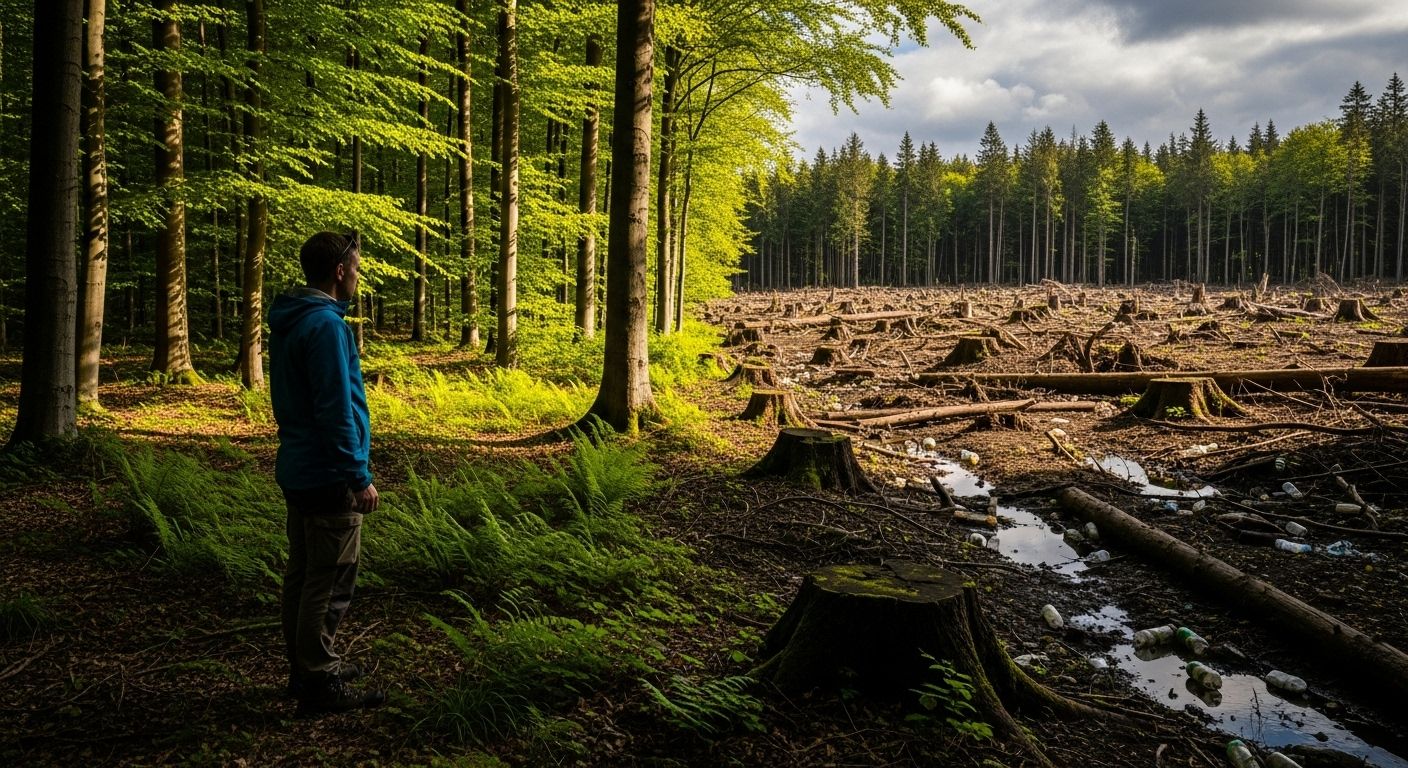
Human Impact on Ecosystems is a vital environmental science course that examines how human activities are reshaping the natural world. While ecosystems have always evolved through natural processes, the scale and speed of human influence—through industrialization, urban expansion, pollution, and resource exploitation—now pose unprecedented challenges to ecological balance.
This lesson explores the causes and consequences of these changes, emphasizing the importance of awareness, responsibility, and action. Whether you’re a student, educator, or concerned global citizen, this course offers a compelling look at the intersection of human progress and environmental stewardship.
🌎 By the end of this course, you’ll be able to:
This course is ideal for learners who want to understand the environmental challenges facing our planet and explore solutions for a more sustainable future. It’s especially valuable for students, educators, activists, and anyone passionate about protecting nature.